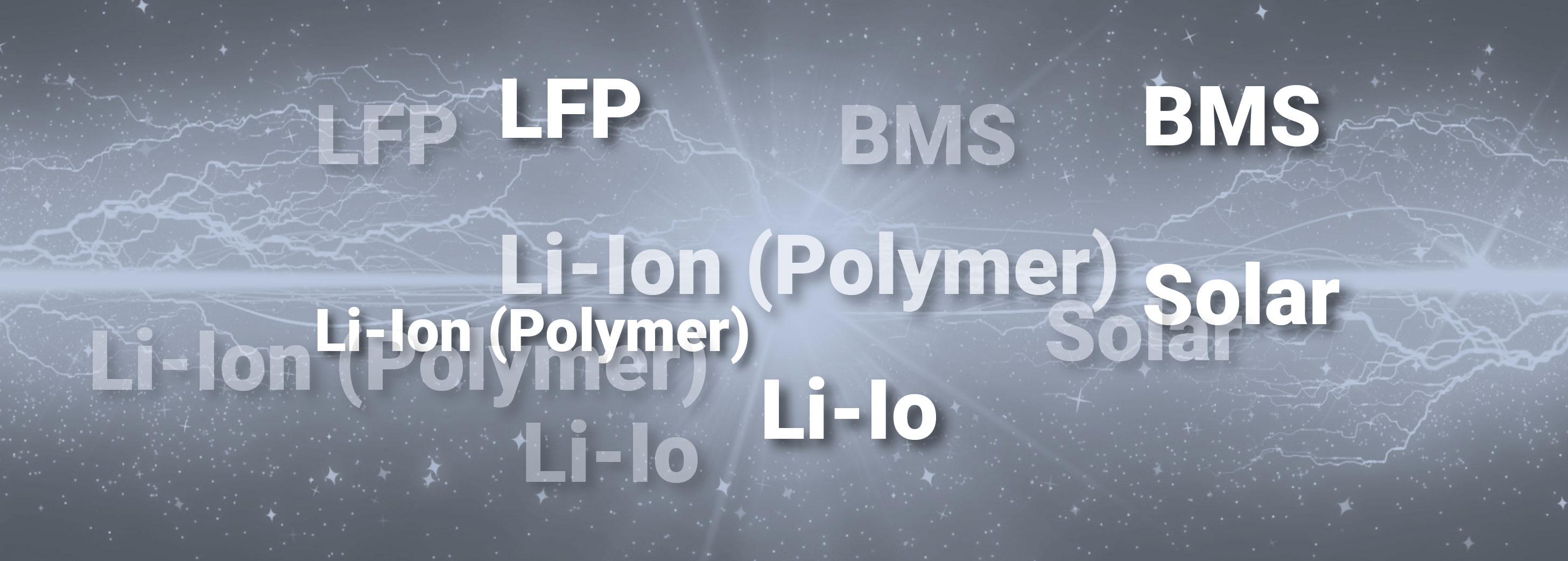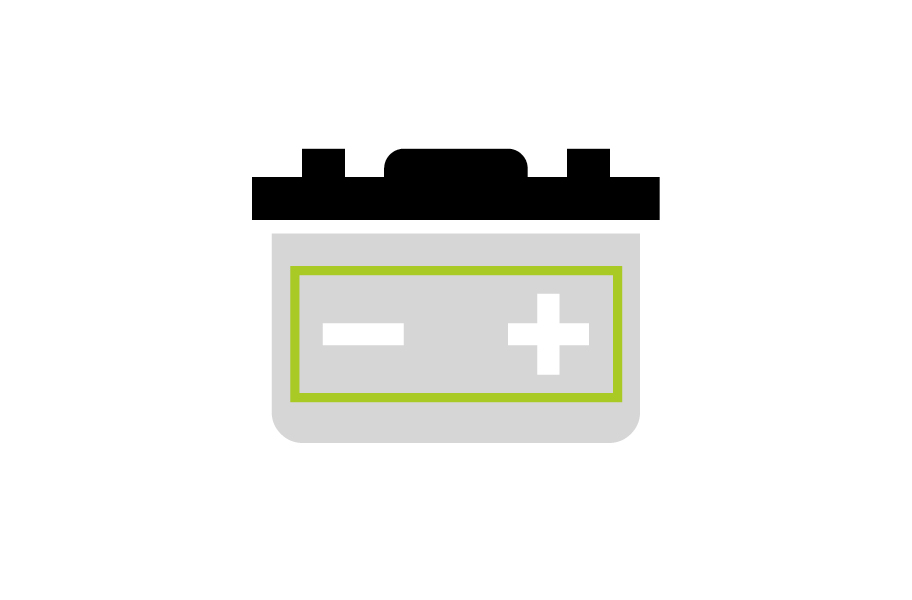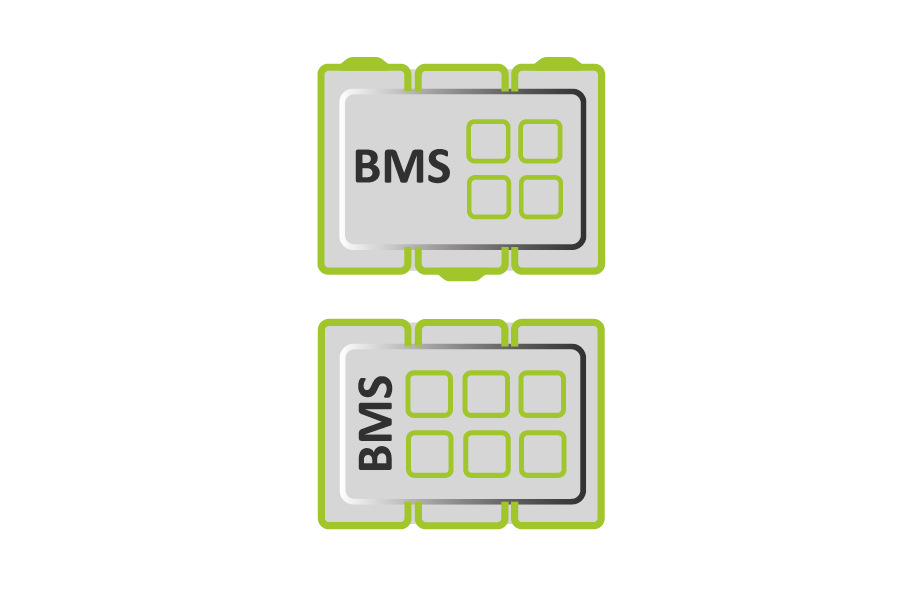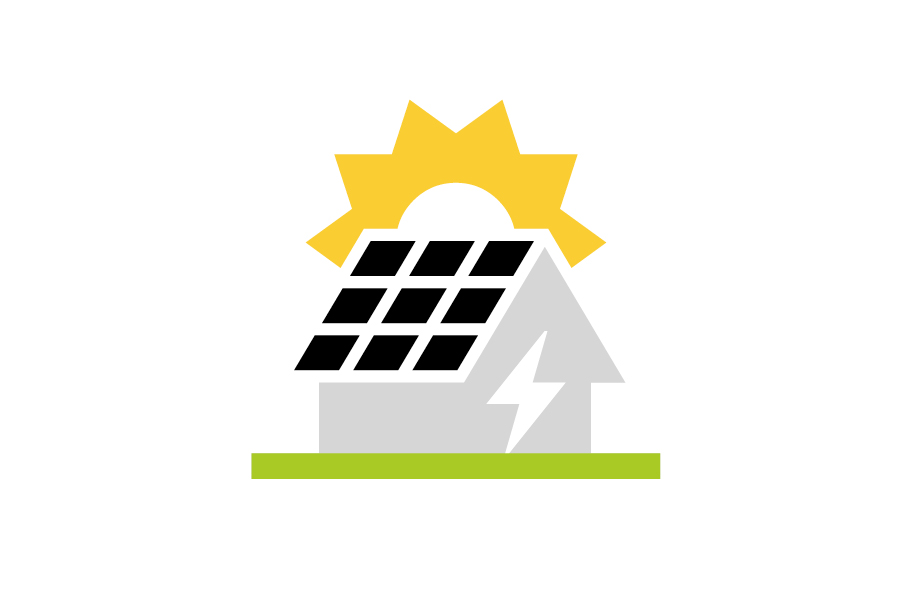
Technology
The technology is the basis of all functions and is therefore crucial for the success of the application and for the complete life cycle. With the choice of technology or combinations of technologies, from cell chemistry to the manufacturing process, type of construction and assembly of the finished product, we lay the foundation for performance and service life.
Li-Ion (polymer)
Here we focus on high-performance cell chemistries with high energy density and flexible designs. Starting from nominal voltages in the range of 3.6V - 3.9V, which represent the basis of lithium-ion technology in terms of the correct voltage level under load, the real advantage becomes apparent in the polymer structure of the electrolyte in contrast to the liquid electrolyte. This is mainly used for high requirements in the areas of discharge rate, dielectric strength and self-temperature development.
Lithium iron phosphate (LiFePO4)
LiFePO4 technology is used in different versions, especially in the storage and electromobility sector. However, this cell chemistry compensates for the somewhat lower nominal voltage with a big plus in terms of safety and longevity.
LiFePO4 technology is largely produced in two designs or cell types. The "prismatic" variant and the "round cell" are weighed against each other depending on the application and circuitry - as well as capacity.
| Lithium Polymer - LCO (LiCoO2) | Lithium Iron phosphate- LFP (LiFePO4) | |
|---|---|---|
| Specific energy | 190-250Wh/kg | 90-120Wh/kg |
| Specific power | 5/5 | 3/5 |
| Security | 3/5 | 5/5 |
| Lifetime | 3/5 | 5/5 |
| Costs | 5/5 | 4/5 |




